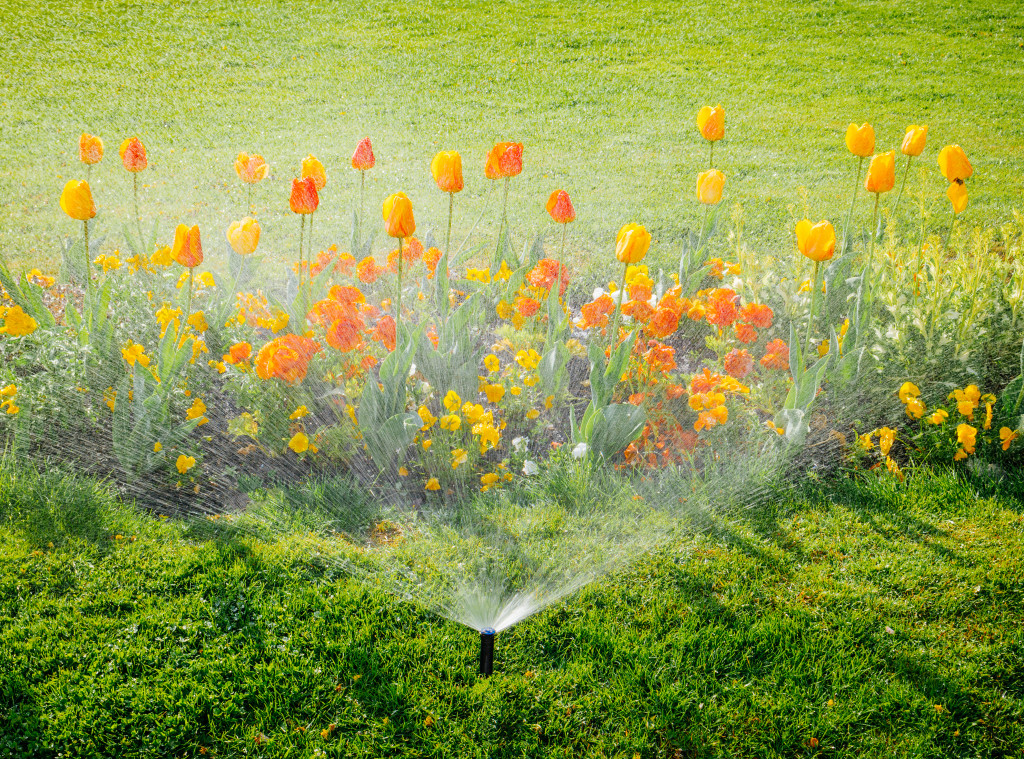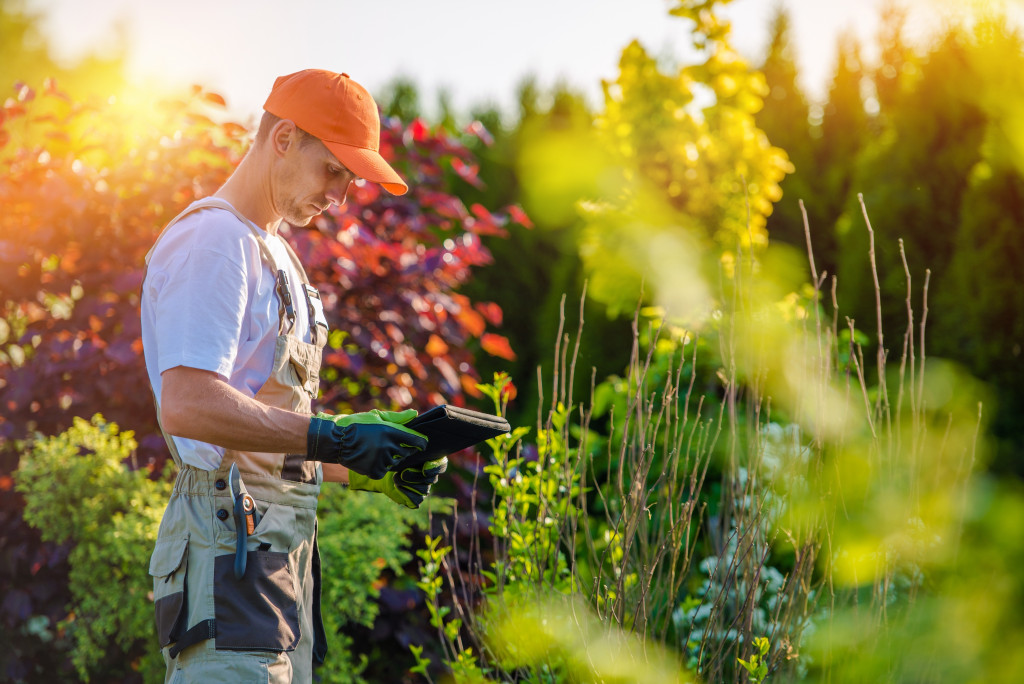- Plan your garden seasonally, weed regularly, and water appropriately for healthy plant growth.
- Prune plants for shape and health, and fertilize soil to supplement nutrient deficiencies.
- Opt for organic, inorganic, slow-release, or liquid fertilizers as per plant requirements.
- Don’t hesitate to seek professional help for garden maintenance, pest control, or choosing fertilizers.
Having a garden is a beautiful way to breathe life into your home. You can grow your own fruits and vegetables, nurture lovely flowers and plants, and bask in the beauty of nature. However, maintaining a garden can be a daunting task, especially if you’re not sure where to start. But don’t worry! This blog will provide you with a year-round guide to garden maintenance. You’ll learn essential tips to help you keep your garden healthy, vibrant, and beautiful.
Plan your garden according to the season.
Before you start planting, it’s essential to know which plants thrive in which seasons. Certain plants, like tulips, daffodils, and hyacinths, are suited for spring, while others, like lavender, sunflowers, and zinnias, thrive in the summer. Knowing what to plant during each season can save you a lot of time and effort. Make sure to research the suitable plant species for your area and soil type.
Weed regularly.
It’s impossible to have a beautiful garden if weeds keep sprouting up. Weeds can steal the nutrients, water, and sunlight meant for your plants. Develop a routine to weed your garden regularly, depending on the season. You can use a hoe or weed killer or pull them out using gloves and tools. One pro tip: You can also plant ground covers like acorus, periwinkle, and sweet woodruff to prevent weeds from creeping in.
Water the plants appropriately.

Watering is vital to ensuring that your plants thrive. However, overwatering or underwatering can damage your plants. You want to water your garden deeply every few days or once a week, depending on what plants you’re growing. You can test moisture by sticking a finger an inch or two into the soil. If it’s dry, you need to water.
Prune your plants regularly.
Pruning is vital to gardening because it encourages healthy growth, controls diseases, and shapes plants. This process involves trimming branches and leaves from the plant. Make sure you’re using the right tools for the job, and avoid over-dependence on chemicals to prevent the spreading of diseases. Prune your plants according to the growing season, and ensure you stick to the natural shape of the species.
Fertilize your soil.
Your plants need nutrients to grow, and if your soil isn’t providing enough, it’s time to fertilize. Fertilizers add extra nutrients to the ground, which in turn promote healthy growth and fruiting. There are different types of fertilizers to suit different plant species. Here are four types you can choose from:
Organic fertilizers
Organic fertilizers are made from natural materials like compost, manure, and bone meal. They help improve soil structure and provide necessary nutrients to plants over a more extended period.
Inorganic fertilizers
Inorganic fertilizers contain synthetic chemicals that provide nutrients quickly to your plants. The downside is that they can burn the roots if used excessively or applied incorrectly.
Slow-release fertilizers
As the name suggests, slow-release fertilizers provide nutrients gradually to your plants over time. They are convenient and hassle-free, but they may take longer for your plants to show results.
Liquid fertilizers
Liquid fertilizers are water-soluble concentrates that you dilute and pour directly onto the soil or spray on leaves. They work quickly and are easy to use, making them a popular choice among gardeners.
Choosing the right fertilizer for your garden can be overwhelming, so make sure to research and consult with experts if necessary. Additionally, remember not to over-fertilize, as it can harm the plants.
Employ the help of professionals.

If you find yourself struggling to maintain your garden, don’t hesitate to seek professional help. Gardening professionals can provide valuable advice and assistance in keeping your garden healthy and thriving. They have the necessary knowledge and experience to address any issues that may arise, such as pests or diseases, and can offer solutions specific to your garden’s needs.
Make sure you choose a reliable landscaping company like Absolute Gardens to ensure the best results for your garden. They can also provide services like lawn care and outdoor lighting to enhance the beauty of your garden.
Maintaining a garden may seem daunting initially, but it can become an enriching journey with the proper knowledge and practice. You ensure a lush, vibrant garden throughout the year by planning your garden according to the seasons, regularly weeding, watering adequately, pruning, and fertilizing.
Don’t shy away from seeking professional help if needed, as their expertise can significantly enhance your gardening experience. Remember, the key to a thriving garden lies in regular maintenance and a willingness to learn from nature. Happy gardening!
